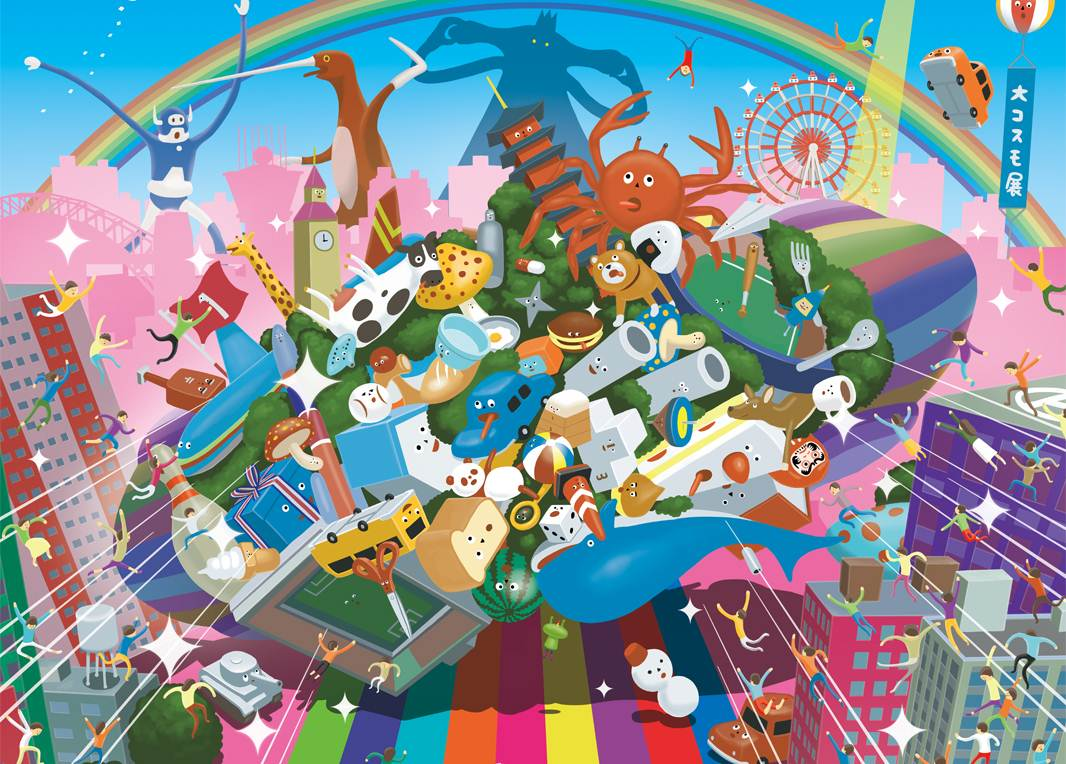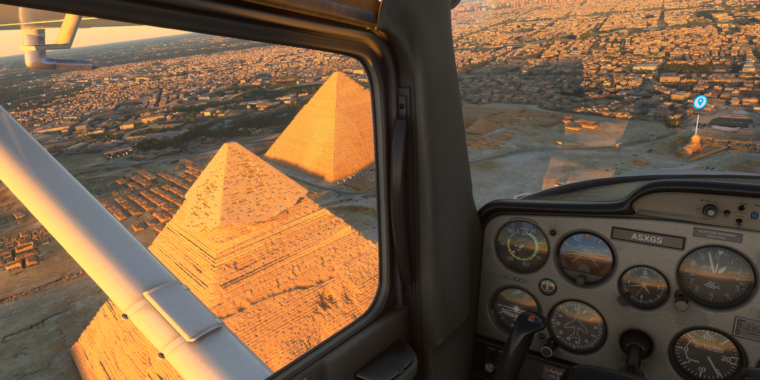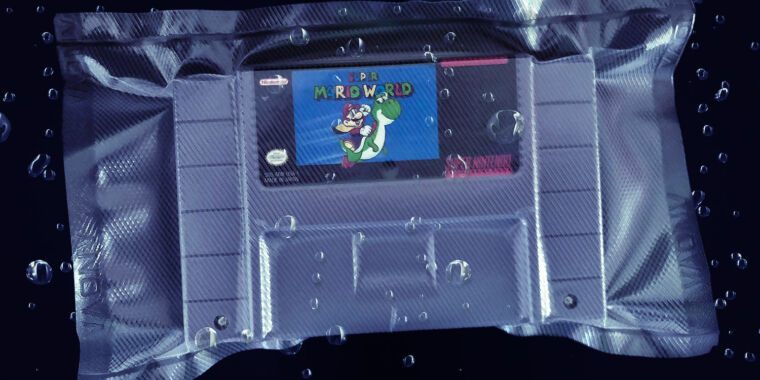
Metaphors in games. Game mechanics are conversations… | by Fernando Serboncini | Medium
Game mechanics are conversations between the game and the player. As in any form of communication, there is an implicit assumption of a common language shared between both sides.
This language doesn’t have to be a written or spoken language — usually it isn’t. When we say “I don’t get Heavy Metal” or “I don’t understand modern art” we are referring to it: we are missing that common language.
Video games have a common langua ge too (and sub-genres have their own dialects). Some of that language is borrowed from other media (like movies, for example). Also, the language itself changes over time. It doesn’t matter if it’s an unconscious change (for example, the way HEALTH evolved on FPS from Wolfenstein 3D to modern shooters), or a conscious one (for example, the active desire of games to become a more meaningful story-telling media).
When we interact with things in games, we bring with us all sort of knowledge from our life experiences. Usually this happens through things or experiences that we’ve seen before (the key to open a door, the trash bin on most desktop interfaces). Those things, when repeated over and over, become part of the new language (the disk icon to save files, for example).






















